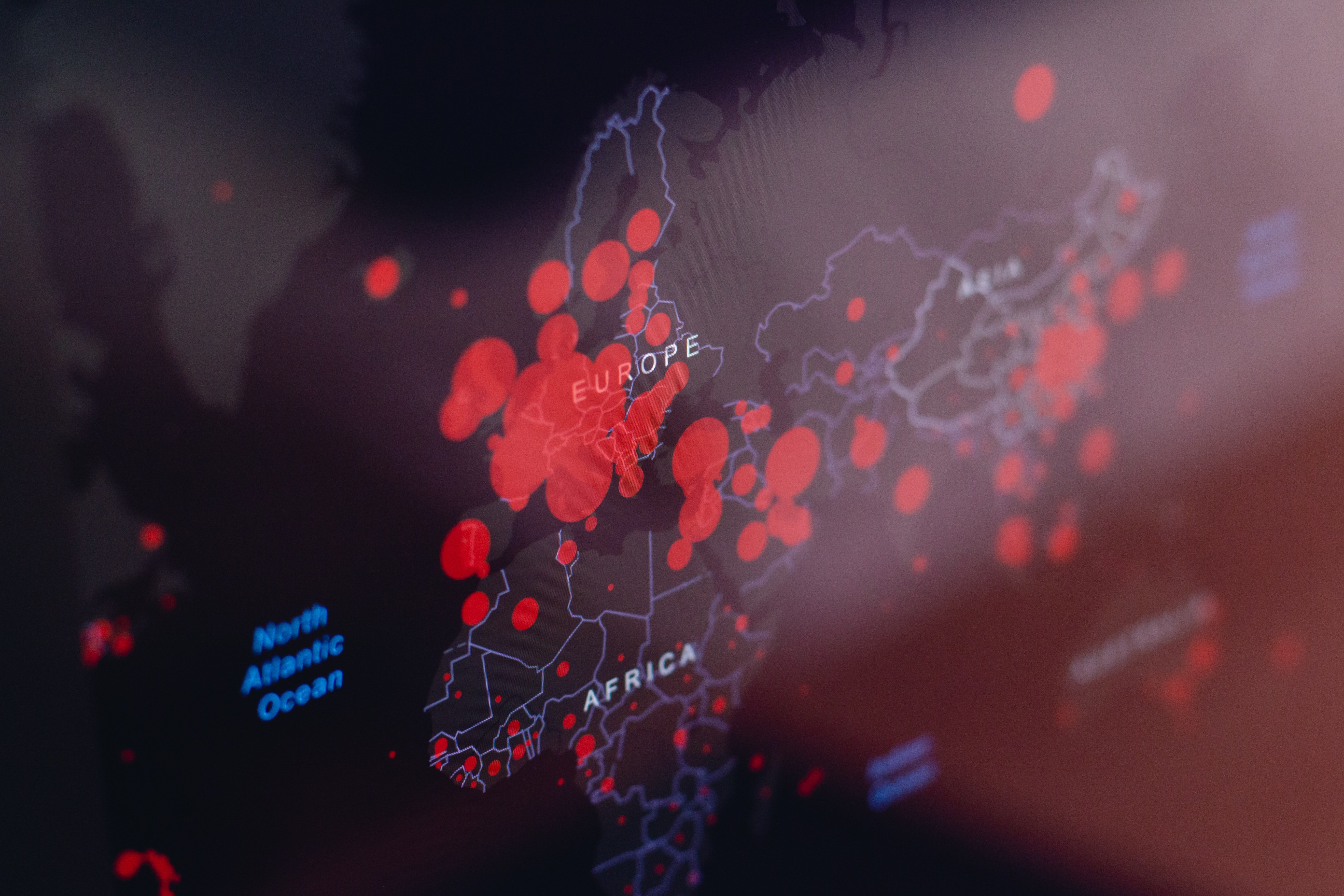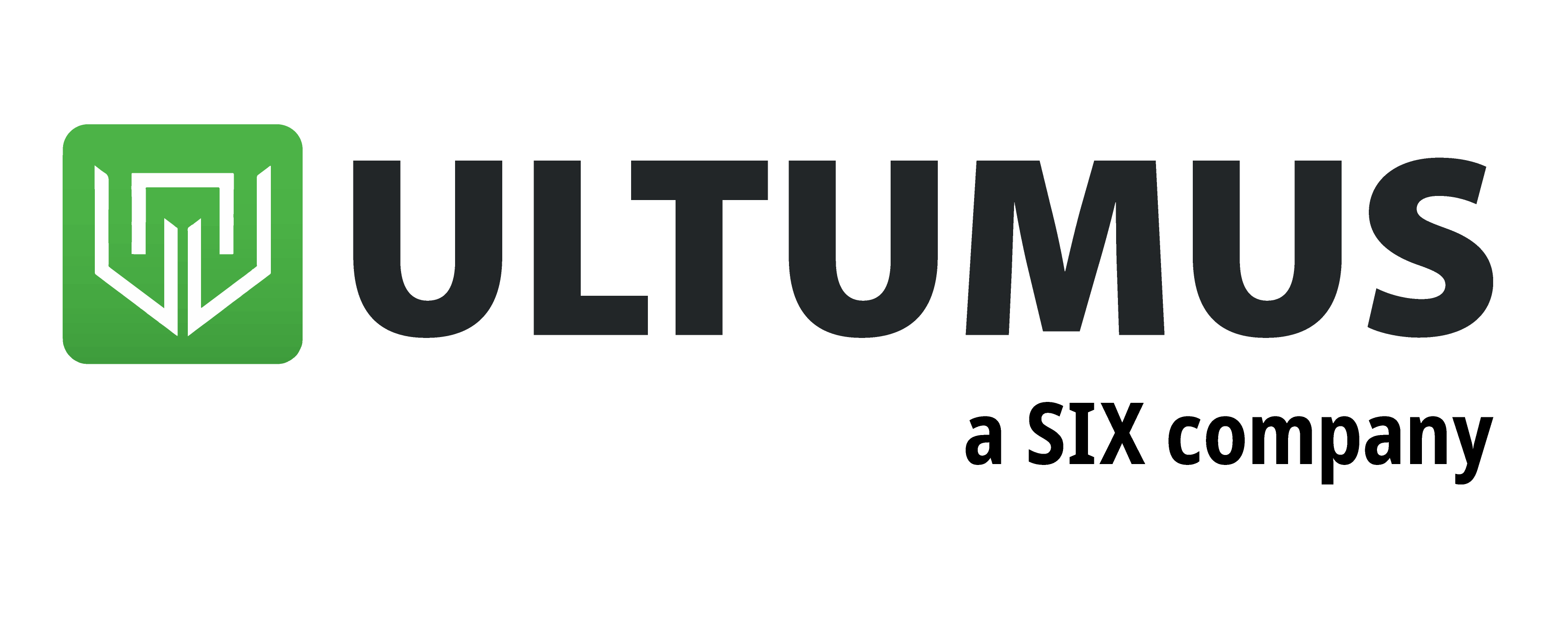Investors yanked over $1bn from a euro corporate bond ETF in just one week as European investors moved risk-off amid soaring coronavirus infection rates across the continent.
According to data from Ultumus, the €10.1bn iShares Core € Corp Bond UCITS ETF (IEAC) saw $1.1bn outflows in the week to 30 October, the most across all European-listed ETFs.
As coronavirus cases in Europe rise at a rapid rate, investor sentiment has plummeted over the past week with a number of corporate and high yield bond ETFs dominating the top outflows table.
Along with IEAC, the €5.5bn iShares € High Yield Corp Bond UCITS ETF (IHYG) saw the second-most outflows last week with $472m net redemptions while investors pulled $224m from the $7.5bn iShares $ Corp Bond UCITS ETF (LQDE).
Finally, there were $147m outflows for the iShares France Govt Bond UCITS ETF (IFRB) which takes the ETF’s total assets under management (AUM) to $76m.
The outflows come as investors ready themselves for a spike in volatility and a widespread economic slowdown across Europe amid greater lockdown restrictions resulting from the rapid spread of coronavirus.
Last week, France reported over 20,000 daily cases of coronavirus, a new record, while in Spain, the government has declared a state of emergency in Madrid with over 860,000 cases confirmed.
In the UK, Prime Minister Boris Johnson has announced a national lockdown and Germany has seen its largest jump in infections since April.
“The second wave of COVID-19 cases and more stringent lockdowns in many European countries have weighed on investor sentiment,” Christian Mueller-Glissmann, head of asset allocation at Goldman Sachs, commented.
“Although macro data has been resilient so far, our economists think that the near-term outlook has deteriorated sharply in Europe.
Mueller-Glissmann added better news around a vaccine is more crucial in supporting risk assets into the year-end.
“This is all the more true now that new lockdowns are increasingly weighing on investor sentiment,” he said.




